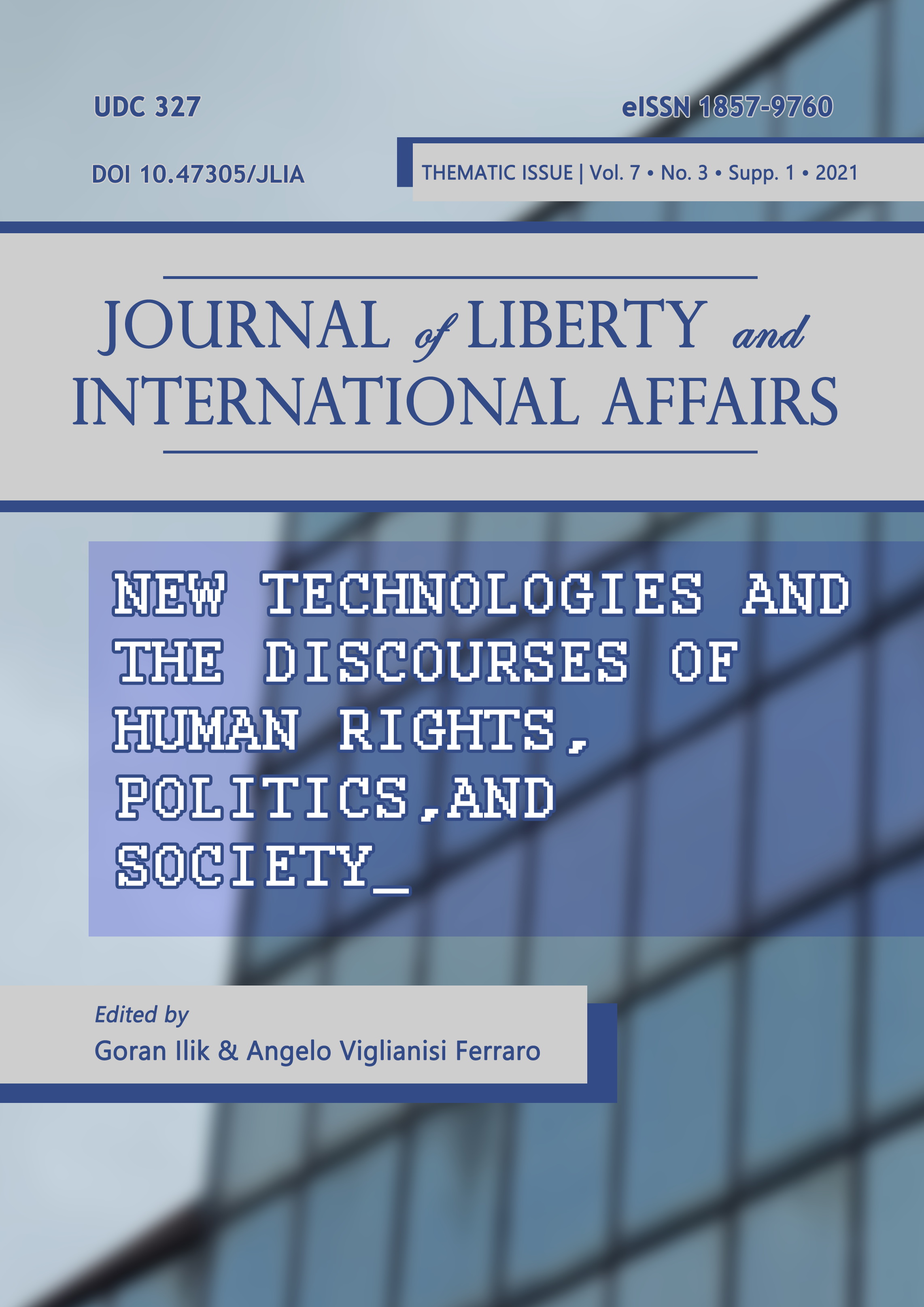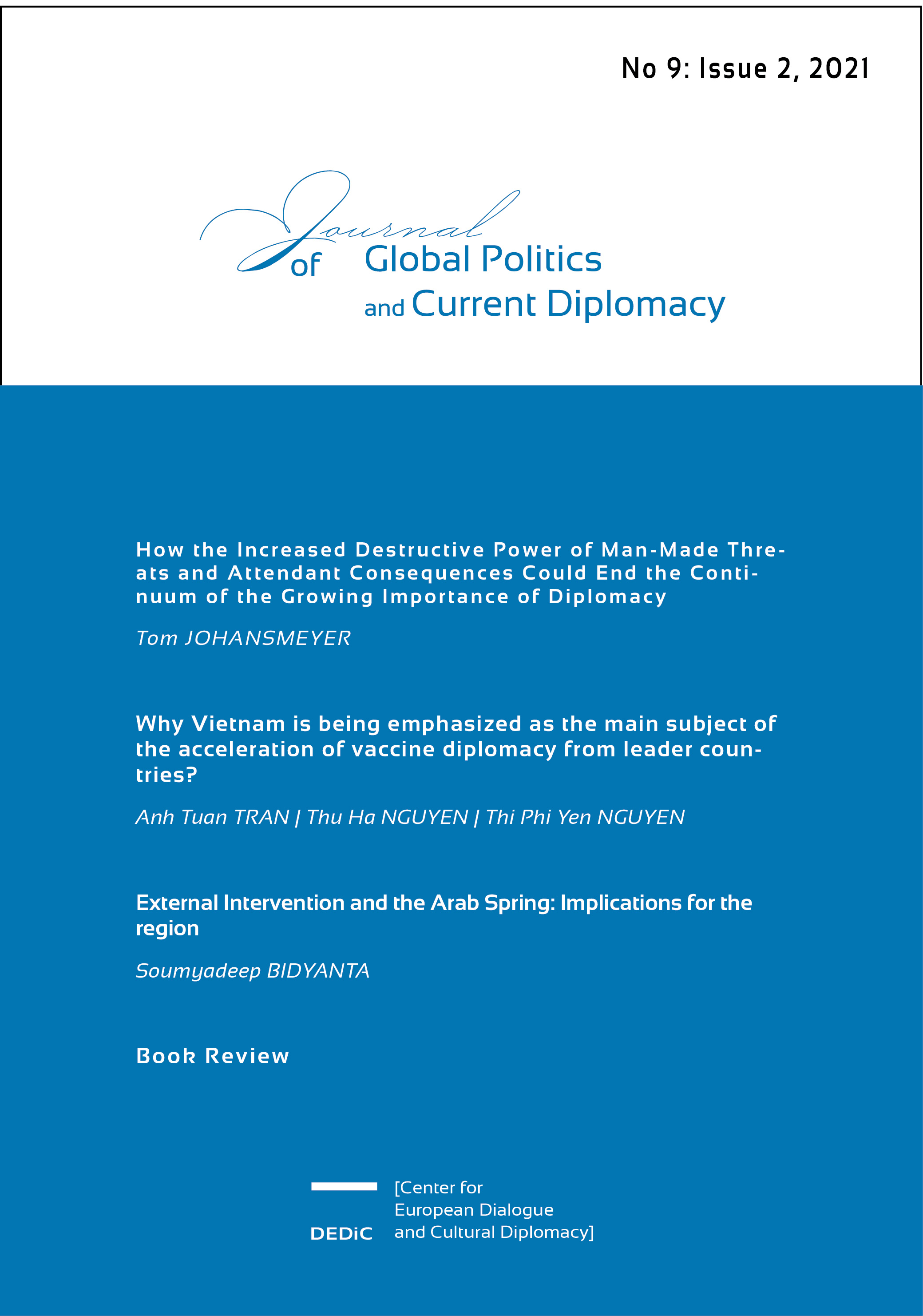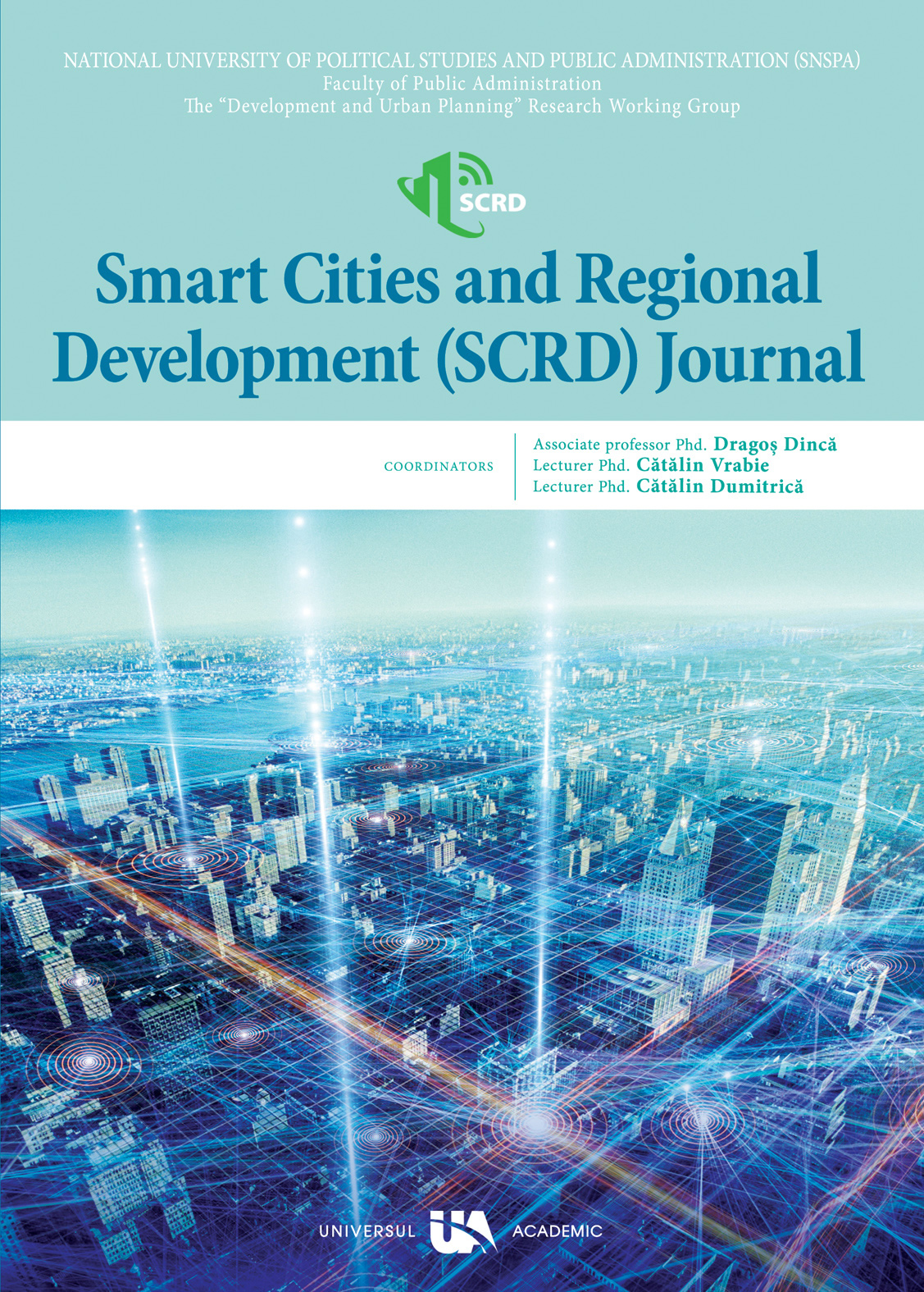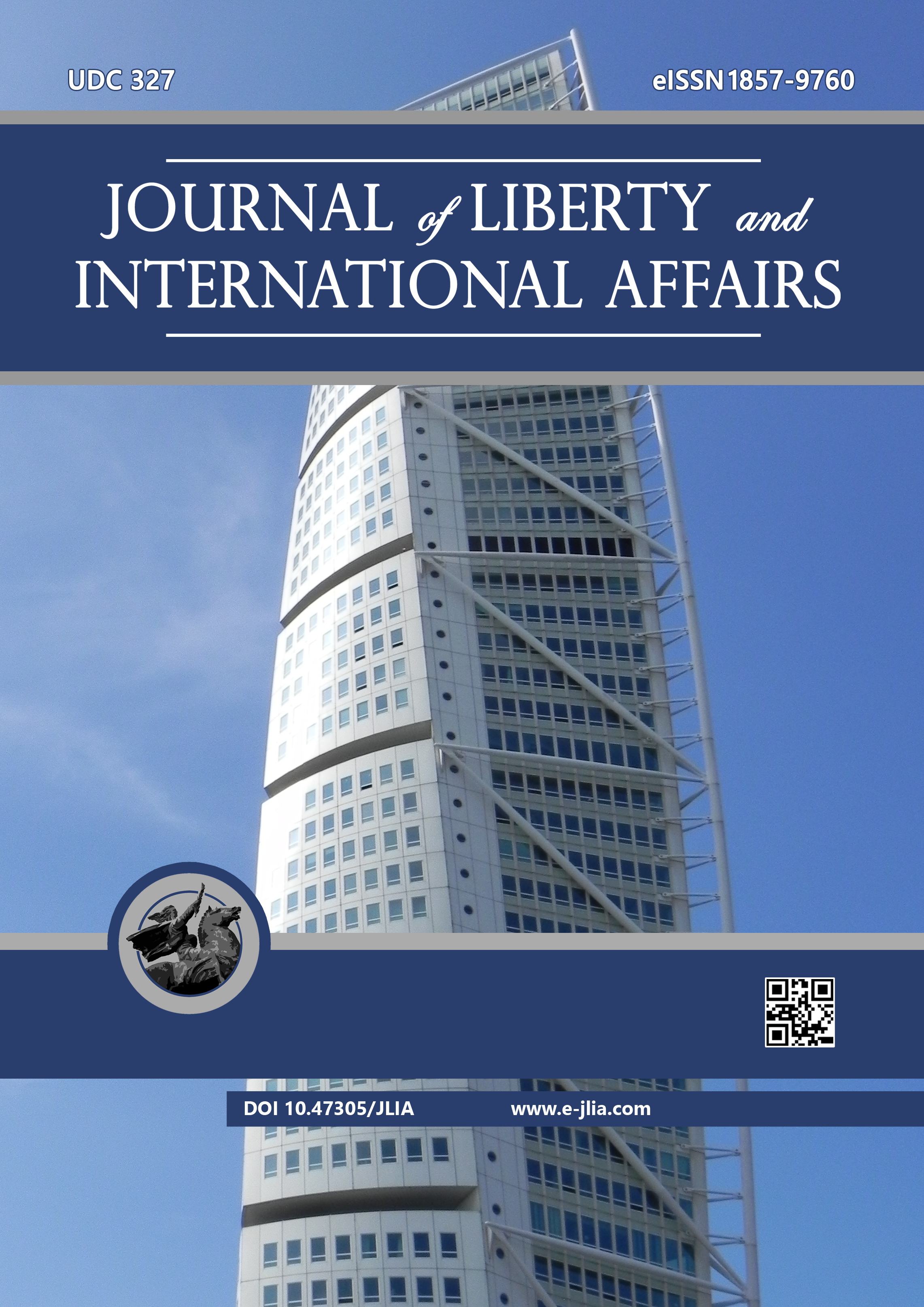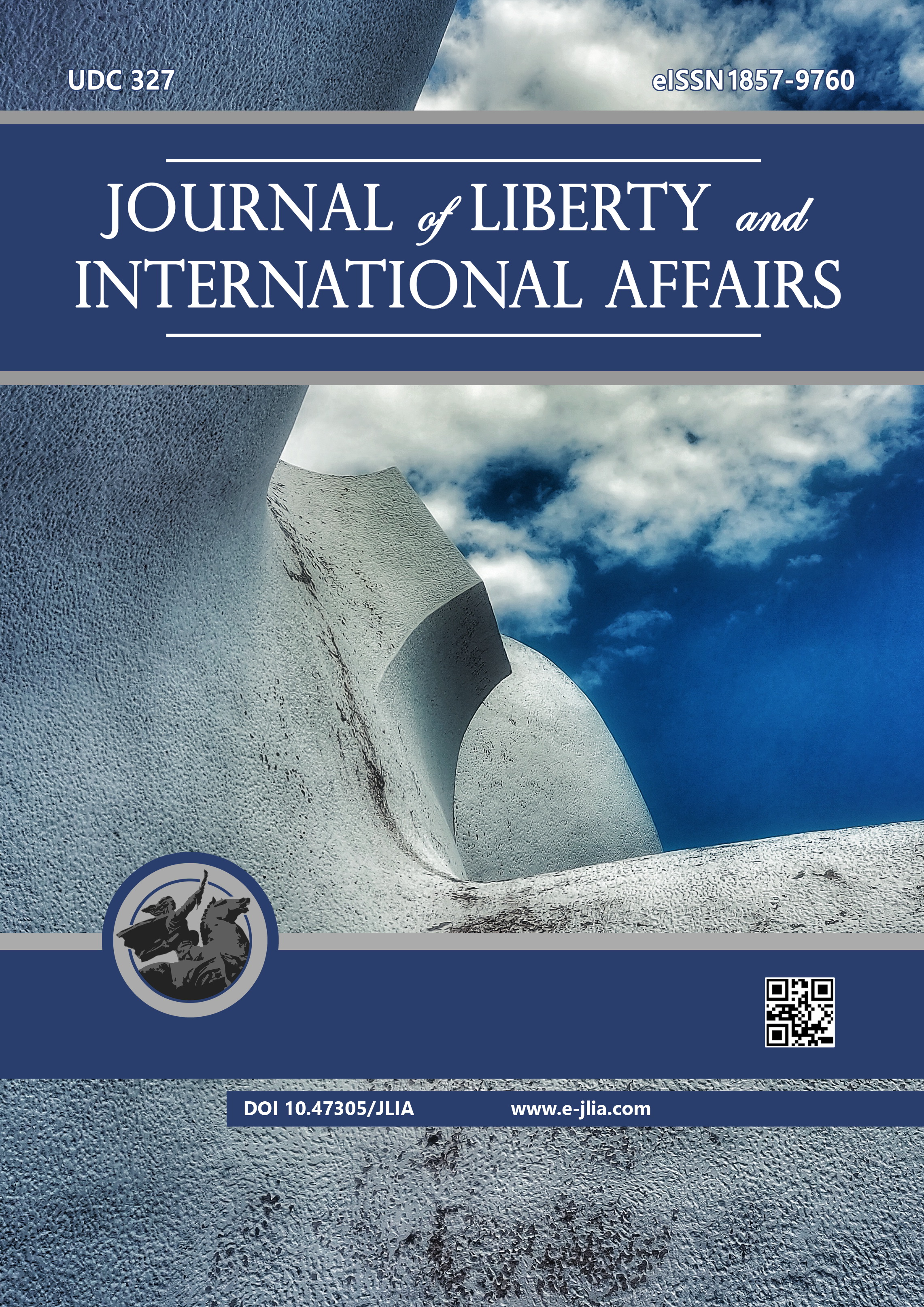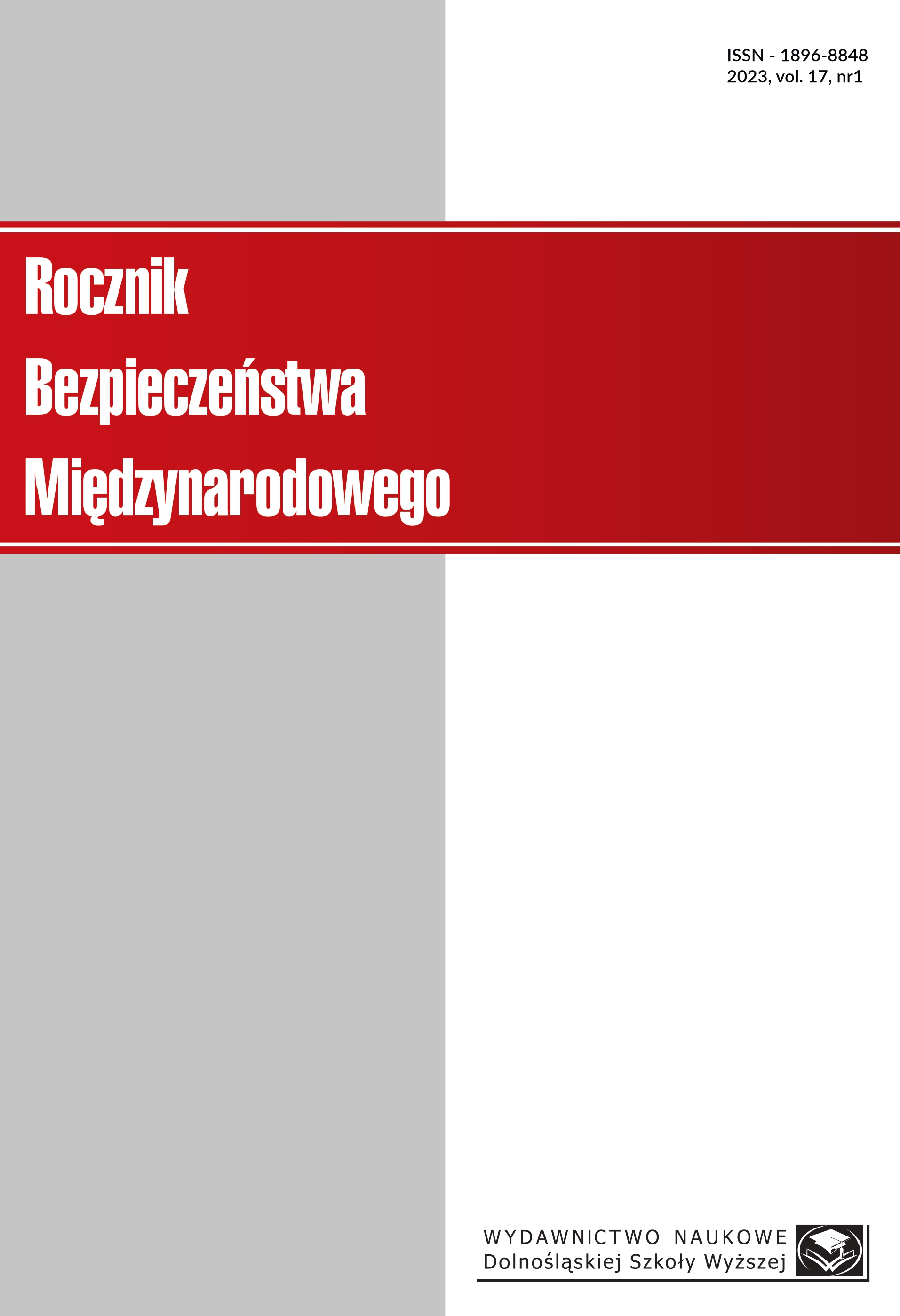
Rendszerkritikai útkeresés 1989 után (Antikapitalista baloldal)
This volume, edited by Eszmélet (Consciousness) is a collection of writings that seek to find a new role for the anti-capitalist cause in the Hungarian left since the regime change. The collection covers documents on the social and political experience of the capitalist transition, and debates amongst the contributors of the journal on that pieces of experience. The closing chapter is an evaluation of the workers’ council activity in 1956. The message of the volume can be summarized as the historical perspective of communal initiatives like the workers’ council in the revolution of 1956. The initiatives were beyond their own historical perspectives and carry more universal teachings that should be applied to the more recent crises-prone times.
More...


